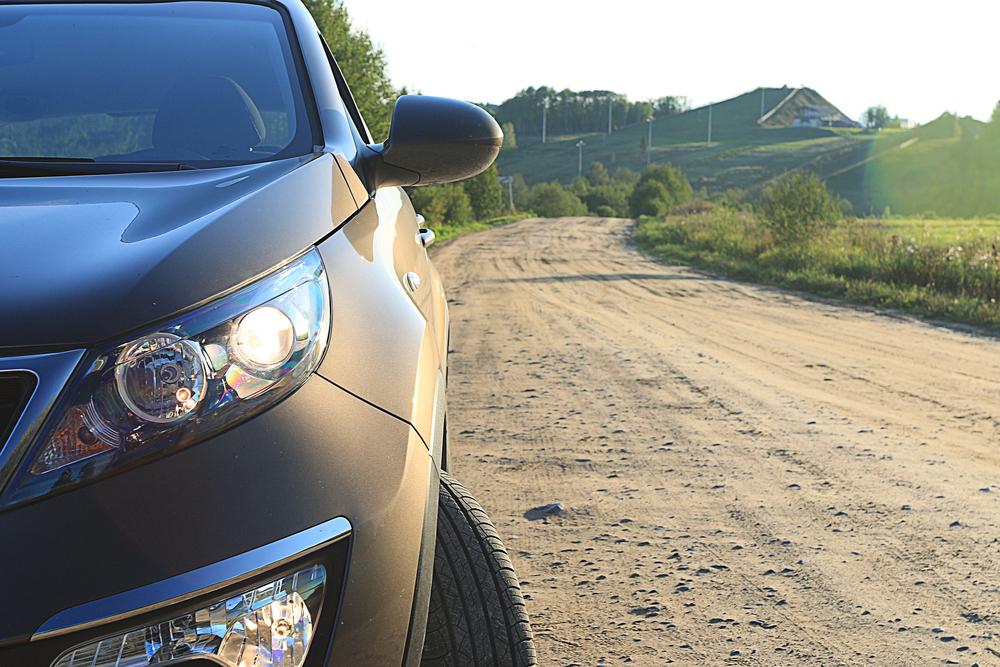
The Top SUVs of 2020
When you’re considering buying an SUV, it may be a little overwhelming given the multitude of choices that are out there. You need to evaluate the features of the top SUVs or crossovers to see which suits your needs, family, and budget the best. Luckily, the following SUVs come in a variety of sizes, models, features, and types. Here are some factors that you may consider before purchasing an SUV:
1. Space considerations
To start with, you need to determine the space you need; this will depend on the number of members in your family, the kind of activities you indulge in and whether you travel with pets. Some SUVs can provide you with extra passenger space but others may not provide more than the space that a four-door sedan will offer. When your lifestyle calls for traveling a lot with many types of equipment or with more than four passengers at a time, it’s important to choose an SUV that has third-row seating facilities. For instance, you should opt for a GMC Yukon or a Chevrolet Tahoe.
2. Off-roading capability
You need to decide whether you want to use the vehicle for frequent off-roading or not. For instance, perhaps you camp and need to access rough terrain ahead. If so, a Jeep Wrangler would be a good choice. If you’re looking for a vehicle that’s highway-friendly, you should opt for a hybrid SUV or a crossover.
3. Cargo
The versatile seating arrangement inside SUVs implies that all the space that’s behind the front seats can be used for cargo if the second and third-row seats are folded flat. SUVs will typically have a higher cargo space compared to mini-vans. But loading heavy items might be difficult. There are some models of SUVs that come with air suspensions so that drivers can easily lower the car for swift loading.
4. Safety
When choosing an SUV you need to browse through safety ratings provided by consumer reports. These will show crash-avoidance features and crash-test results that are performed by the insurance industry and the federal government. Automatic emergency braking or AEB, forward collision warning or FCW, and blind-spot warnings or BSW are some technologies that must be standard on all SUVs. So, you need to make sure these are there in the SUVs you may have shortlisted for buying. Other modern safety technologies include telematics systems capable of alerting emergency personnel when airbags deploy.
5. Drive train
Most SUVs will use front-drive platforms and they’re equipped with all-wheel drive. The 4WD and AWD will give power to all its wheels; AWD is a light-duty system that stays engaged and is capable of shifting power distribution between the back and front wheels anytime. SUVs with 4WD are rare and have low-range gears for off-road terrain like steep dirt hills and rocky roads.
6. Towing
Truck-based SUVs will provide better-towing capacity. Larger models can typically tow up to nearly 9,000 pounds, some of the mid-sized models can pull almost 5,000 pounds. As a buyer, you need to review this tow-capacity rating in order to be sure that it can handle the towing load comfortably.
7. Fuel efficiency
You must look at the fuel efficiency when choosing an SUV. Since gas prices are always fluctuating, this is a crucial factor. A hybrid model is one that can give you your money’s worth because they combine gas and electric power. For instance, the Toyota Highlander is one such Hybrid model. You should also choose one that’s reliable and doesn’t need frequent repairs. For example, the GMC Yukon has been found to be very dependable.


